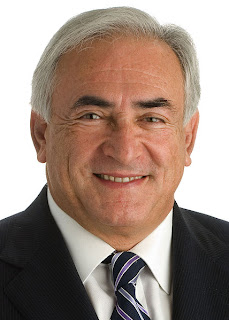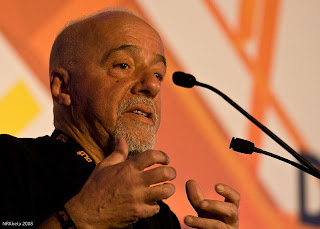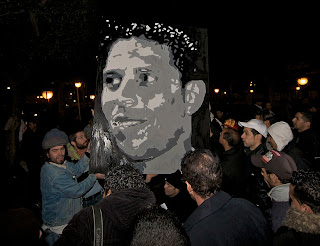Steve Jobs (born February 24, 1955)
Steven (Steve) Paul Jobs is an American business magnate and inventor. He was adopted by Paul and Clara Jobs. His biological parents are Abdulfattah Jandali, a Syrian Muslim and Joanne Simpson woho later married and gave birt to Steve's biological sister, the novelist Mona Simpson.Career
Steve Jobs is co-founder, chairman, and former chief executive officer of Apple Inc. Jobs also previously served as chief executive of Pixar Animation Studios; he became a member of the board of directors of The Walt Disney Company in 2006, following the acquisition of Pixar by Disney.In the late 1970s, Jobs, with other Apple co-founders designed, developed, and marketed one of the first commercially successful lines of personal computers, the Apple II series. In the early 1980s, Jobs was among the first to see the commercial potential of the mouse-driven graphical user interface which led to the creation of the Macintosh. After losing a power struggle with the board of directors in 1984, Jobs resigned from Apple and founded NeXT, a computer platform development company specializing in the higher education and business markets. Apple's subsequent 1996 buyout of NeXT brought Jobs back to the company he co-founded, and he served as its CEO from 1997 until 2011. In 1986, he acquired the computer graphics division of Lucasfilm Ltd which was spun off as Pixar Animation Studios. He remained CEO and majority shareholder at 50.1% until its acquisition by The Walt Disney company in 2006. Consequently Jobs became Disney's largest individual shareholder at 7% and a member of Disney's Board of Directors.
Innovative productsJobs emphasized the importance of design and understanding the crucial role aesthetics play in public appeal. His work driving forward the development of products that are both functional and elegant has earned him a devoted following. In recent years, the company has branched out, introducing and improving upon innovative digital appliances. With the introduction of the iPod portable music player, iTunes digital music software, and the iTunes Store, the company made forays into consumer electronics and music distribution. In 2007, Apple entered the cellular phone business with the introduction of the iPhone, a multi-touch display cell phone, which also included the features of an iPod and, with its own mobile browser, revolutionized the mobile browsing scene.
Resignation
On August 24, 2011, Jobs announced his resignation from his role as Apple's CEO for health reasons. he was diagnosed with a cancerous tumor in his pancreas. In his letter of resignation, Jobs strongly recommended that the Apple executive succession plan be followed and Tim Cook be named as his successor. Per his request, Jobs was appointed chairman of Apple's board of directorsMore on Steve Jobs on Wikipedia



